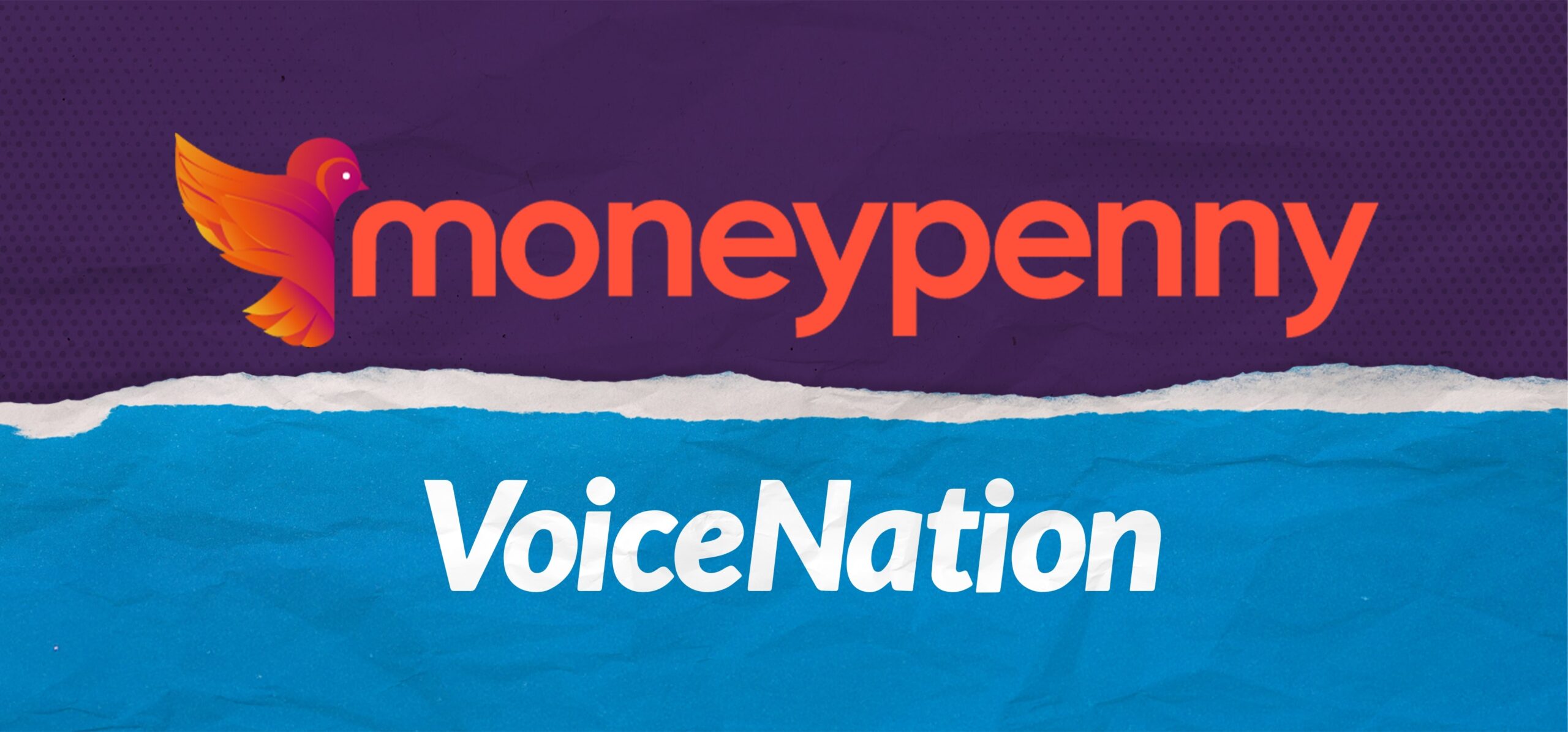If time is money, and if great teams and great companies are built by great people – okay, neither of which is actually an “if” – why do some new employees get up to speed faster than others?
Good question, one Google spent considerable time and effort trying to answer. After running a series of experiments and surveys, Google developed a list of five simple onboarding tips for managers.
What should managers do?
1. Match the new hire with a peer buddy
2. Help the new hire build a social network
3. Set up employee onboarding check-ins once a month for the new hire’s first six months
4. Encourage open dialogue
Obvious? So is the final tip:
5. Meet with new hires on their first day.
Yep. Meet with new employees to talk about roles and responsibilities. To schedule regular check-ins. To help the person feel welcome and valued. Simple stuff, yet managers who followed that advice got their new hires up to speed a month faster than those who did not.
Great.
Maybe.
The Power of Asking
Explain your company’s underlying value proposition and competitive advantage? Explain how the employee’s role serves internal and external customers? Set expectations, targets, and goals, and describe how results will be measured and feedback delivered? Super important. But also a one-sided monologue – which, where collaboration, engagement, and acceptance are concerned, creates a real problem.
According to a 2017 Harvard study published in Journal of Personality and Social Psychology, asking a question and then asking at least two follow-up questions dramatically increases your likability. According to the authors of the study:
We converse with others to learn what they know – their information, stories, preferences, ideas, thoughts, and feelings – as well as to share what we know while managing others’ perceptions of us. [When we ask more questions, we] are perceived as higher in responsiveness, an interpersonal construct that captures listening, understanding, validation, and care. Or in non researcher-speak, when you ask a few questions and actually listen to the answers, people will like you more.
I know what you might be thinking. “Why, as a leader, do I care whether I’m likable? My job is to get results.” You care because research shows genuine likability is crucial to building and maintaining great relationships. Research shows likability is crucial to influencing, in a good way, the people around you. Research shows likability is crucial in helping other people feel better about themselves. Genuine likability is a driver of positive, lasting connections and relationships. That’s one reason you should care.
The Power of Courtesy and Respect
Another is the fact that civility – treating people with thoughtfulness and consideration – can lead to surprisingly impactful interpersonal and productivity results. Research published in Organizational Dynamics found that people were 59% more willing to share information, 72% more likely to seek advice, and 57% more likely to seek information from a civil person compared to an uncivil person.
But wait, there’s more: A civil person inspired people to work 71% harder and be more than 70% more likely to want to perform well for that person. Add it all up, and while it may seem better to be feared than loved, it’s clearly much better to be respected and appreciated for the way you treat people. Because listening more than you speak – even on an employee’s first day – isn’t just the courteous, inclusive, and welcoming thing to do. It’s also good for business.
“Being kind comes from the heart”, shares Joanna Swash, Group CEO of Moneypenny, renowned and consistently rewarded for its unique culture and people-centric business model. “In so many workplaces there is the perceived expectation that performance trumps all, so letting our defenses down and showing kindness also shows vulnerability – a bad thing. I disagree. Vulnerability, or allowing yourself to be exposed / who you are, means you are authentic, real, and self-aware. Showing compassion is not a weakness, it is a strength. It connects us to others and it’s what gives us purpose.”
In our “always on” world, we have become wired to quick responses and reactions, mostly on our devices. Says Patricia Clarke, Chief Talent Officer Havas Group. “Proactively taking the time to seek input and listen in a one on one or team setting not only builds trust and inclusion but also creates an environment where new ideas and perspectives flourish and grow.”
Start Asking Three Questions
As the researchers in the Harvard study write: Asking questions that follow up on the other person’s responses cause and convey better listening, understanding, validation, and care. The question asker’s responsiveness, in turn, is likely to cause him or her to be better liked by the question answerer. The key is “follow-up.” Ask one question and move on to another question and the conversation soon feels like an interview. Ask a question, listen to the answer, and then follow up with a related question – instead of weighing in and sharing your own thoughts, feelings, or experiences – shows you care about the other person. Which, granted, is tough. (Not the caring part, but the avoiding the temptation to weigh in part.)
According to the Harvard researchers: Neglecting to ask questions altogether may happen because people are egocentric – focused on expressing their own thoughts, feelings, and beliefs with little or no interest in hearing what another person has to say. On the other hand, some people may think to ask questions, but it may be much easier to talk about [yourself] instead. That’s especially true when you haven’t established a professional or personal relationship. Laying back and staying quiet? That’s hard to do when you’re nervous or unsure. If nothing else, you’ll probably try to fill the gaps.
Just make sure you fill the gaps with questions.
Say you’ve just explained how a new project manager’s role serves internal and external customers. Don’t just ask, “Does that make sense?” Ask how she met internal customer needs at her last job. Ask how. Or why. Or what she felt. Or what challenges she faced. What she liked, learned, or what advice she has for you. Do that and you accomplish several things. One, you show you value her skills and experience. Two, you show you want to learn from smart people. And most importantly, you show you respect her as a person, not just as an employee. Which will not just make you more likable, but will also help build the foundation for a meaningful professional relationship.
“We have been living through a chaotic time”, says Rachel Casanova, Senior Managing Director of Workplace Innovation of Cushman and Wakefield, “as so many of us have had to respond to a new paradigm of ‘being together.’ And as some of our senses have been muted by the digital connection we are using so rampantly, building relationships and trust may be at a breaking point. Listening, truly listening, with the intent to absorb not respond, react, defend, and justify is needed from peer to peer and manager to employee.” Because every great leader is a great listener.


















